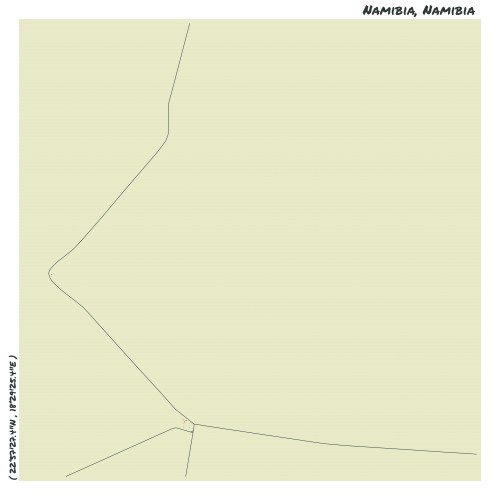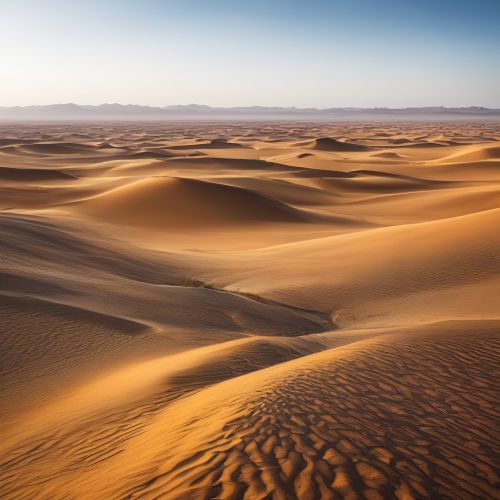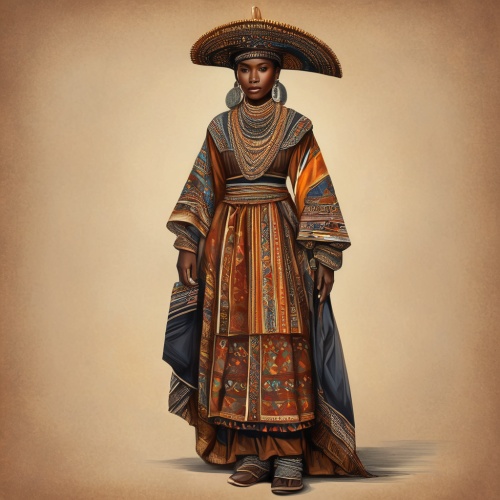Understand
Namibia, a land of rich history and diverse cultures, invites you to embark on an extraordinary journey. Step back in time to around 850 BCE when the first migration into Namibia took place, bringing with it new technologies and traditions. The remnants of these ancient civilizations can still be seen today, adding a fascinating layer of history to this mesmerizing country. The German colonization in the late 19th century marked a pivotal point in Namibia's past, as brave clans like the Witbooi and Herero fought for their freedom. The Battle of the Waterberg stands as a testament to their courage, although ultimately leading to their defeat. The dark period of the Herero-Nama Genocide serves as a reminder of the hardships endured during this time. However, Namibia's journey towards independence continued, with South Africa taking a significant role. It was not until 1990 that Namibia finally gained its well-deserved independence, with visionary leader Sam Nujoma becoming its first president. Today, Namibia thrives as a one-party electoral democracy, with SWAPO leading the way. However, winds of change are beginning to blow, as young voices and land rights issues challenge the status quo. As you explore this captivating land, you will encounter a discourse that often includes discussions of race, stemming from Namibia's unique history. Despite this, the people of Namibia live harmoniously, and racial tensions are generally low. Prepare to be enchanted by the similarities and subtle differences between Namibia and South Africa, where cultures intertwine and languages such as German and Afrikaans add to the vibrant tapestry of the nation. As you plan your visit, be sure to take note of the public holidays, as they provide an opportunity to experience Namibia's traditions and celebrations firsthand.








Comments
NO COMMENTS